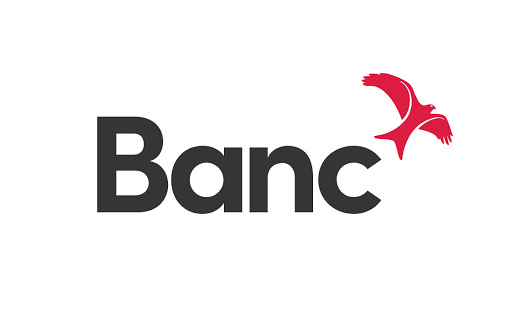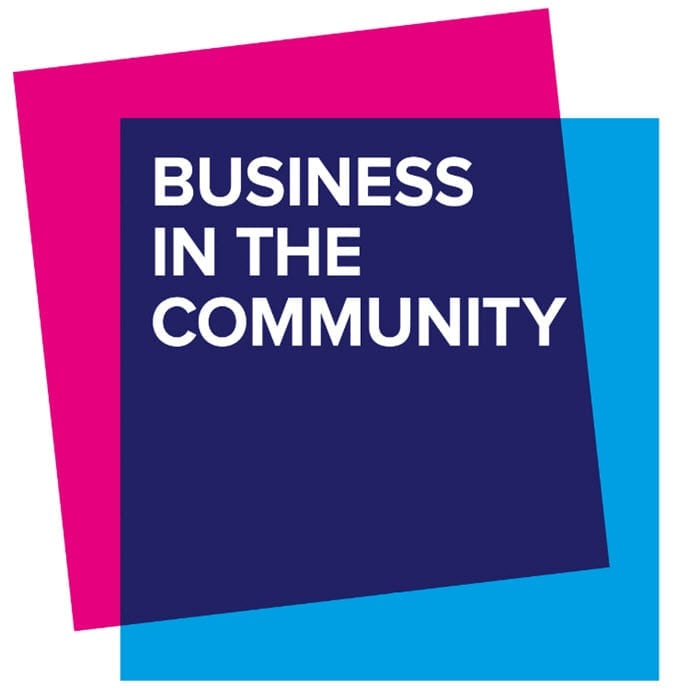
WRITTEN BY:
St.John Pearce-Burke,
Founder,
TOTM.
It’s no secret that the retail sector has faced a number of challenges in the last few years, with the priorities of both retailers and consumers shifting in response. The landscape of the high street is changing, and the services that retailers are providing for their customers have had to adapt to meet these demands.
As the retail industry moves forward, brands need to do more than simply expand their online shopping services and provide next day delivery in order to grow. There is a danger that speed and efficiency have taken priority and are overriding other values that the consumer still cares deeply about. Long-term success is going to require a wider range of ethical and social values – those like sustainability – to be taken into account if companies are to ensure longevity for their brand, and in the process for the planet too.
Shifting consumer attitudes
The explosion of multiple online shopping options, changing work habits and the price of goods remain the top concerns for consumers, but they are no longer the only things driving purchasing decisions in 2024. In today’s climate, research shows that sustainability is also becoming a key factor for a lot of consumers too.
Deloitte’s Sustainable Consumer Report 2023 revealed that 69% of adults in the UK value the production of sustainable products and packaging across all sectors. A further one in four of those surveyed went as far as to say that they would pay more to protect biodiversity, or for sustainable products and packaging to be provided as part of their purchase.
What this shows is that the desire for ethical and environmentally friendly packaging is increasingly taking its place at the forefront of consumer activity, possibly in response to the rise in online shopping often being accompanied by a tendency for excess packaging to be provided in the process – but how significantly is the retail sector taking this into account?
Companies with strong eco-credentials, like the cosmetics brand Lush for example, have always been at the forefront of scaling back packaging and ensuring that the materials they use involve recycled and recyclable materials. But, with the likes of Quality Street debuting their new paper wrappers at the end of 2023, it’s becoming increasingly clear that companies across the board are considering their impact on the planet and the shifting market attitudes attached to the issue too.
Tackling unsustainable practices
Embracing ethical and sustainable approaches within mass retail processes can seem like an unapproachable task for so many but it is a challenge, like any, that is not without a solution. When it comes to packaging, every brand will need to approach the issue differently, but in any case there is a lot to be learnt from those leading the way.
For TOTM, sustainability is something which is built into our brand. Our mission has always been to provide sustainable and ethical menstrual products that reduce the carbon footprint of our own retail activity and that of customers. According to a report by the London Assembly, conventional disposable menstrual products are made of 90% plastic, generating alongside their packaging 200,000 tonnes of waste a year. Creating a product and associated packaging which prioritises comfort and convenience alongside sustainability is less straightforward than conventional methods but wholly achievable with the right insight and knowledge in tow.
Opting for compostable and recyclable packaging wherever is possible ensures that not only are our products kinder to the environment and the consumer, but that the way they are packaged doesn’t harm the environment either. There are several types of sustainable period products available to consumers now, allowing them to make the choice based on their personal preferences.
As I’ve said the period care industry, by its very nature, is one of the most wasteful around. What the continued success of brands like TOTM shows us is that introducing eco-friendly production processes has gone way beyond being a tick box exercise in today’s global retail market – it makes good business sense and most importantly it is critical for the environment and future of the planet.
Sustainability can no longer simply be viewed as a buzz word that companies use to generate custom. We need to see the end of greenwashing and instead encourage practices that demonstrate measurable impact and sustainability – a priority throughout every aspect of a brand. The evidence is there – that ethical and eco-conscience brands are vital for consumers, and for businesses across the world to prosper too.




